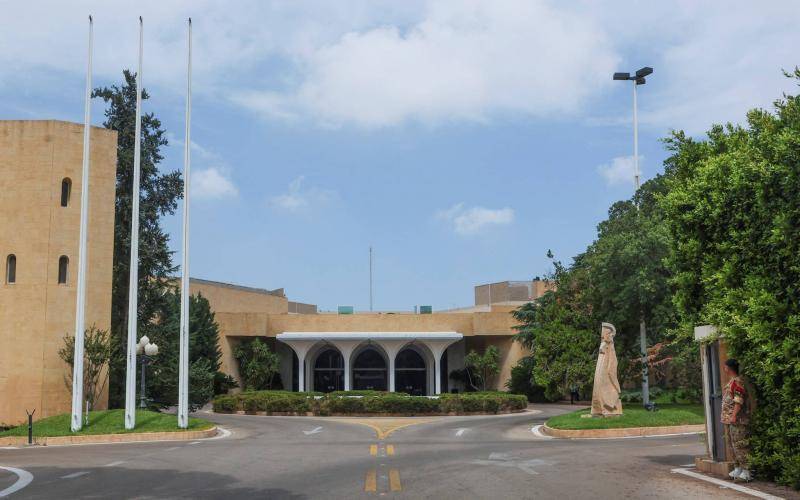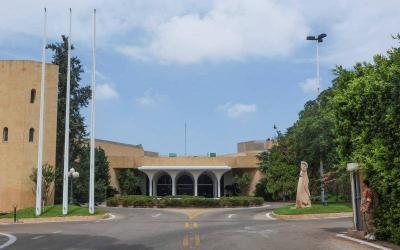The recent cabinet meeting revealed an attempt to circumvent the position of the presidency. This stance is not only related to the Free Patriotic Movement's boycott of cabinet sessions and its sharp criticism of caretaker Prime Minister Najib Mikati but also signifies an encroachment on the Taif Agreement that concerns Bkerke as well as all Christian forces. Nevertheless, the magnitude of the reaction has not been at the required level to confront the gradual implications of transforming the cabinet into a body that seizes the powers of the presidency.
However, the significance of what has transpired is that it has once again brought attention to the presidency. The more the caretaker government takes similar steps, the more urgent the discussion of the stalled presidential elections becomes after a phase of retreat. The revival of discourse on this matter, spurred by the activity of the five-member committee and the ambassadors of its member states in Lebanon, has opened a new door, even if the movements of the ambassadors did not yield any positive developments, nor did the actions of the five-member committee stir stagnant waters locally, as reported by "Al-Akhbar."
What informed sources on the consultations concluded is that the current stalemate does not necessarily translate into an absolute negative that halts the presidential elections, in parallel with Hezbollah's push to postpone the presidential issue until after the Gaza war and the conclusion of regional negotiations. The positivity stems from information indicating that Saudi Arabia's clear position remains unchanged, asserting that it will not permit the presidential elections in Lebanon to be compromised in any settlement and at any cost. This is a matter that should not be overlooked.
It is worth noting that a significant conclusion has been added: "There is no president for the republic without the approval of the Christian forces." This position has previously meant, and still signifies today, despite all events surrounding Lebanon after the Gaza war, that one cannot reach a consensus on a name that challenges the Christian forces or one that these forces do not endorse and work to support their presidency. This particular issue has led the Lebanese Forces and some of Saudi Arabia's allies in Lebanon to be reassured for months, as they consider that Saudi dictates so far remain the main agenda through which the five-member committee operates, and it will not deviate from it in the foreseeable future.
This agenda is also supported by Bkerke, without it publicly announcing a refusal of any candidate deemed a challenge by the Christian forces, agreeing with the Forces in calling for open electoral sessions. Additionally, this position has relieved the Free Patriotic Movement, which finds shelter in the intersection that rejects Hezbollah and its allies' candidate, Sleiman Franjieh from the Marada Movement.
Despite the open lines of communication between Saudi Arabia and Iran, the Saudi position remains the same since the statement of the Tripartite Committee in New York until the formation of the five-member committee, according to "Al-Akhbar." Any Iranian-Saudi communication is still governed by this ceiling. Another source of comfort reflected in the Saudi position is that France is no longer deviating from the consensus of the five-member committee. Following the confusion surrounding its initiative and President Emmanuel Macron's reassertion of control through the Ministry of Foreign Affairs over diplomacy concerning Lebanon and other areas of French foreign activity, the presidential file remains linked to the deliberations of the five-member committee, with Saudi Arabia still holding a decisive word in it.




